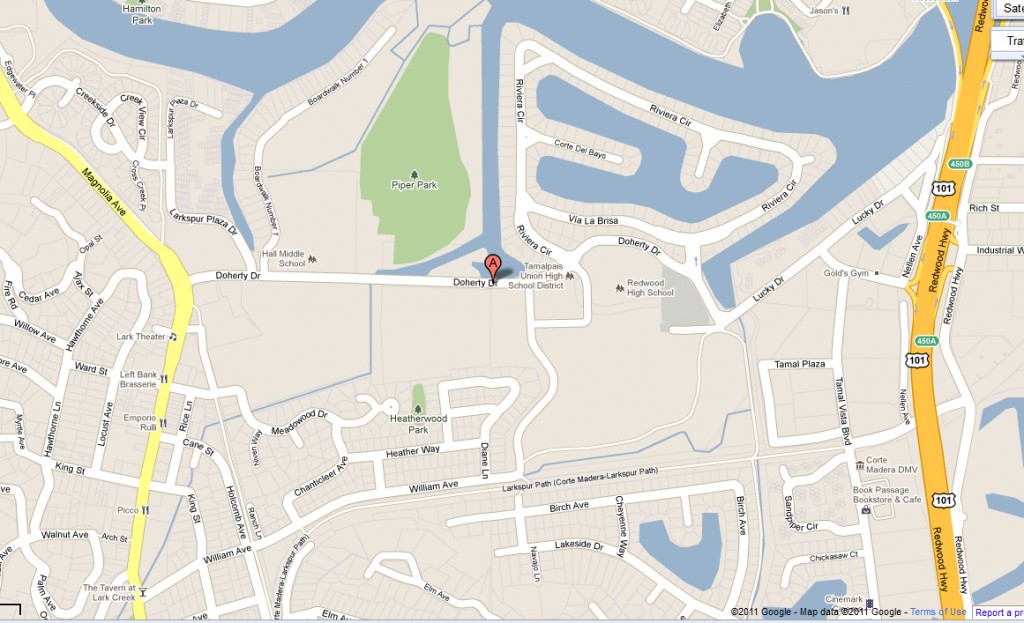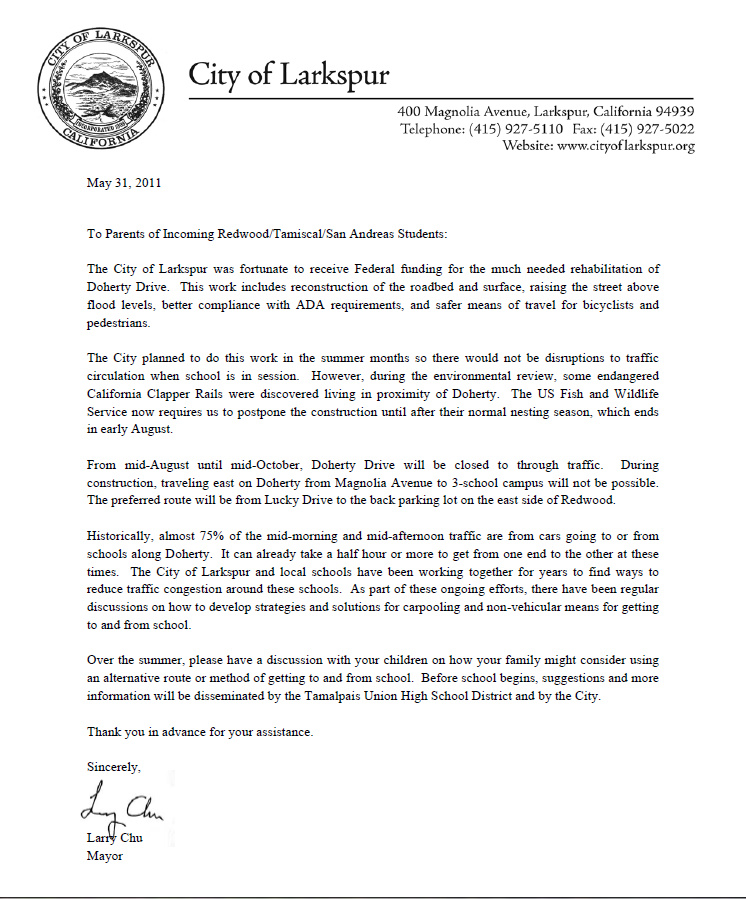The inconveniences (big and small) of environmentalism
Conservatives have been aware for a while that the Texas oil industry is being threatened by a lizard. It’s not being threatened this way:
Instead, it’s being threatened this way:
It turns out that the sand dune lizard, an innocuous little buff-colored guy, is (a) allegedly endangered and (b) living squat in the middle of 800,000 acres of Texas oil country. If the lizard and its environmentalist supporters win their case before the U.S. Fish and Wildlife Service, all of those 800,000 acres will fall under the control of a federal agency. Under the regulations as written, the lizard’s survival will trump oil production, farming, road construction — you name it, the little lizard will trump it.
Depending on how far the agency wishes to take it, this ruling could decimate a vast region in Texas, and, possibly, bring the United States to its knees too. The U.S. Fish and Wildlife Service is currently saying that the oil industry is overstating the risks, but if there’s one thing we know about the bureaucratic mind, it’s that it will always go too far, especially when it’s doing so in the service of a Progressive agenda, with the agenda here being that Big Oil is eeeevviiilll.
I thought of the lizard when I got my hands on a letter that the City of Larkspur sent out to its residents. The City was lucky enough to be the beneficiary of federal funding to rehabilitate Doherty Drive, which is a heavily traveled road that links two communities and serves both a middle school and a fairly large high school.
The road renovation was to have taken place during the summer, when the schools are out of session, and traffic is therefore limited. It turns out, however, that California Clapper Rails (flightless coastal birds) live in the waters along the construction route, and have their nesting season during the summer. The U.S. Fish and Wildlife Service has therefore mandated that construction must be delayed. As of now, construction is schedule for the first two months of the school year. During that time, the road will be closed entirely:
The road closure means that traffic must be rerouted. Had this happened during a quiet season, it would merely have meant somewhat heavier traffic on alternative roads. Since it’s happening during peak season, it means substantial traffic jams all over Corte Madera, Larkspur and Greenbrae, which are the communities that will be used as alternative pathways to access the two schools and to travel from one town to another. Traffic jams, as we know, are a major cause of CO2 emissions.
I should add here, in big, red letters, that I don’t think that two months of inconvenience and increased CO2 emissions are an unreasonable price to pay to protect a small bird during its short nesting season. I’m posting this here only as a reminder that environmentalism comes at a cost — and sometimes that cost is to the environment itself. It also wouldn’t surprise me to discover that a lot of Marin-ites, after sweating it out in terrible traffic jams for a couple of months, blowing clouds of CO2 in the air, are a little less favorably inclined towards the small, flightless, hapless California Clapper Rail.
And in a related story, the EPA leaves unusable a vast Alaska mineral reserve. (We currently relying on places such as China and Africa, which don’t have the resources to or the interest in mining those minerals in a way that has the smallest possible impact on the environment.)
The Bookworm Turns : A Secret Conservative in Liberal Land, available in e-format for $4.99 at Amazon, Smashwords or through your iBook app.




